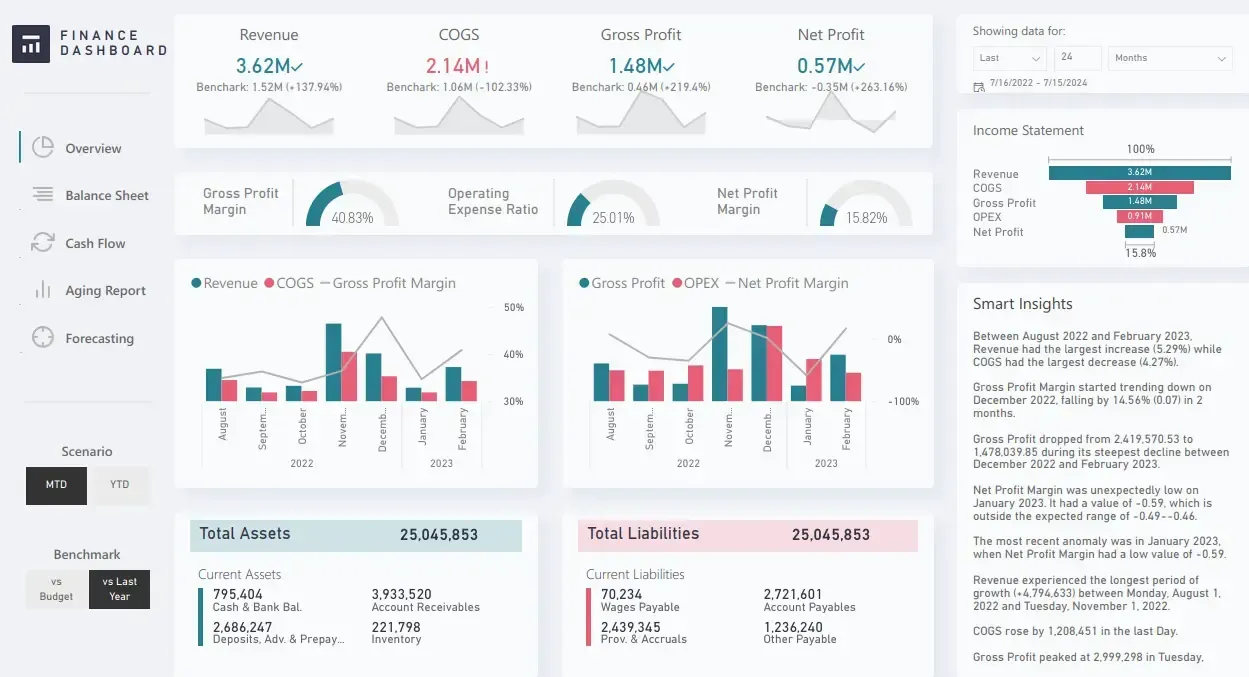Cryptocurrency has moved from the fringes of finance to the mainstream, and with that shift comes increasing scrutiny from tax authorities. The IRS has made it clear: digital assets are not exempt from tax laws. Whether you’re trading Bitcoin, earning yield on DeFi platforms, or getting paid in crypto, you must report your transactions correctly—or risk facing penalties.
With enhanced IRS reporting requirements on the horizon, now is the time to get your crypto tax house in order. At Tax Resolution Accounting, we’re here to help you navigate these changes with confidence and peace of mind.

Why Is Crypto Tax Reporting Becoming More Stringent?
The IRS has long viewed cryptocurrency as property, meaning each transaction—including trades, sales, or even purchases—can trigger taxable events. But many crypto users have historically underreported or misreported their transactions, whether due to lack of knowledge, poor record-keeping, or the sheer complexity of tracking digital assets.
To close this gap, the IRS has introduced new measures:
- Mandatory Reporting of Digital Assets – Taxpayers must now explicitly report whether they engaged in crypto transactions on their tax returns.
- Brokerage Reporting Rules – Starting in 2025, crypto exchanges and brokers will be required to report transactions to the IRS, similar to stock and securities transactions.
- Increased Enforcement – The IRS has ramped up audits and enforcement actions targeting taxpayers who fail to properly disclose crypto activity.

What Does This Mean for Crypto Investors?
If you own or trade cryptocurrency, these new regulations mean greater IRS visibility into your transactions. Here’s how it affects you:
- No More Guesswork – The IRS will receive transaction data directly from exchanges, making it easier for them to identify discrepancies in reporting.
- More Scrutiny, Higher Risk – Failure to properly report your crypto activity could result in penalties, audits, or even legal action.
- The Need for Accurate Record-Keeping – You must track every buy, sell, transfer, and use of crypto to calculate gains and losses accurately.

How to Stay Compliant and Avoid IRS Trouble
Given the new requirements, it’s crucial to be proactive. Here’s how you can stay ahead of the game:
1. Maintain Detailed Records
- Keep track of all crypto transactions, including timestamps, amounts, counterparties, and fair market values.
- Use portfolio tracking tools or crypto tax software to consolidate and organize data.
2. Understand Tax Implications
- Capital Gains Taxes: Selling or trading crypto triggers capital gains or losses, depending on how long you held the asset.
- Income Taxes: Staking rewards, mining income, and payments received in crypto are considered taxable income.
- NFTs and DeFi Transactions: Complex transactions in the DeFi and NFT space may have unique tax implications.
3. Work with a Professional
Crypto taxes are notoriously complicated, and with increasing IRS oversight, getting expert guidance is more important than ever. This is where Tax Resolution Accounting can help.
How Tax Resolution Accounting Can Help You
At Tax Resolution Accounting, we specialize in helping individuals and businesses navigate the evolving tax landscape, including the complexities of cryptocurrency taxation. Here’s what we can do for you:
Comprehensive Crypto Tax Analysis – We’ll review your transactions and identify taxable events to ensure compliance.
Accurate Tax Filing – We help you report crypto gains, losses, and income correctly, minimizing audit risks.
IRS Audit Defense & Resolution – If you’re already facing IRS scrutiny, we’ll represent you and work to resolve any issues.
Ongoing Support & Strategy – We provide year-round tax planning to help you optimize your crypto investments for tax efficiency.

Final Thoughts: Take Action Now
With the IRS ramping up enforcement, waiting until tax season to address your crypto taxes could be a costly mistake. The best time to start preparing is now. By keeping meticulous records, understanding your tax obligations, and working with trusted professionals, you can avoid unnecessary penalties and keep more of your hard-earned money.
At Tax Resolution Accounting, we’re ready to help you stay ahead of these changes and take the stress out of crypto tax reporting. Contact us today to schedule a consultation and secure your financial future.




